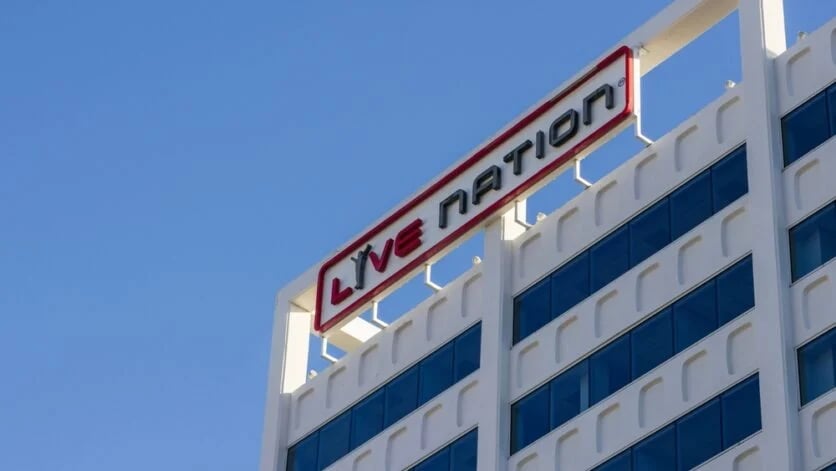Federal Judge Refuses Dismissal of Antitrust Claim
The federal judge denied the request from Live Nation and its subsidiary Ticketmaster to dismiss the two main components of the antitrust claim brought by the US Department of Justice, along with 40 states and district prosecutors, allowing the case to proceed.
The lawsuit was submitted in May 2024, alleging “monopolization and other illegal behavior that impedes competition in the live entertainment industry.”
Live Nation’s Defense and Legal Challenges
Live Nation contended that the “complaint – and the subsequent press conference – attempts to depict Live Nation and Ticketmaster as the source of fans’ frustrations in the live entertainment sector.”
U.S. District Judge Arun Subramanyan rejected Live Nation’s arguments against the claims made by the “binding” prosecutors, who accuse the company of forcing artists to utilize their concert promotion services if they wish to perform at venues owned by Live Nation.
The judge also supported the state in seeking damages on behalf of consumers, according to court documents filed on Friday (March 14).
“The complaint clarifies that due to Live Nation’s monopoly power in the large amphitheater market, artists are effectively compelled to use Live Nation as their tour promoter if they want to perform at these large venues,” Judge Subramanyan noted in a seven-page opinion.
“If the evidence demonstrates that … artists are obligated to engage Live Nation as their promoter to access Live Nation’s amphitheaters, the plaintiffs may have a viable binding claim.”
Arun Subramanyan, District Judge of the United States
The ruling addresses Live Nation’s argument that it does not force artists into “binding” agreements because it is promoters—not artists—who rent venues.
Previously, Live Nation claimed that its refusal to work with competing promoters was “legally protected behavior”. However, the judge determined that the complaint substantiates claims of artist coercion, rather than simply a refusal to engage with competitors.
“If the evidence illustrates that promoters reserve venues on behalf of specific artists, and that artists are driving the booking process while being compelled to use Live Nation as their promoter to gain access to Live Nation amphitheaters, the plaintiffs may have valid binding claims,” wrote Judge Subramanyan.
The complaint indicates that Live Nation has instructed its employees not to raise guaranteed payments to artists seeking tours in amphitheaters, as “they will need to sign with Live Nation as their promoter” to perform at those venues.
In a separate ruling, Judge Subramanyan established that the state attorneys general justified their authority to represent consumers claiming they were overcharged due to Live Nation’s alleged anti-competitive practices in the primary ticket market.
“Regardless of the market definitions applied, where the defendant unlawfully maintains its monopoly in the product through a series of egregious behaviors, consumers of this product assert that they have been overcharged and sustained recognized injuries,” stated the judge.
The lawsuit aims to dismantle Live Nation and Ticketmaster, asserting that the company has monopolized markets in the live concert industry. The complaint alleges that Live Nation controls “80% or more of the major concert venues and a growing share of ticket resale in the secondary market.”
When the lawsuit was filed last year, former Attorney General Merrick Garland stated: “We argue that Live Nation has unlawfully monopolized the concert industry markets in the United States for too long. It’s time to break it up.”
As the case continues, the Department of Justice is undergoing new leadership under the Trump administration. Gail Slater, President Donald Trump’s choice to replace former Assistant Attorney General Jonathan Canter, was confirmed on Tuesday (March 11) as the new head of the antitrust division.
Slater spent a decade at the Federal Trade Commission, where she blocked mergers, including the acquisition of Whole Foods by Wild Oats, and represented major tech firms like Amazon and Google in now-defunct trade groups like Internet Analysis. She also worked at Fox Corporation and Rock.
Judge rejects Live Nation’s bid to dismiss parts of DOJ antitrust lawsuit





